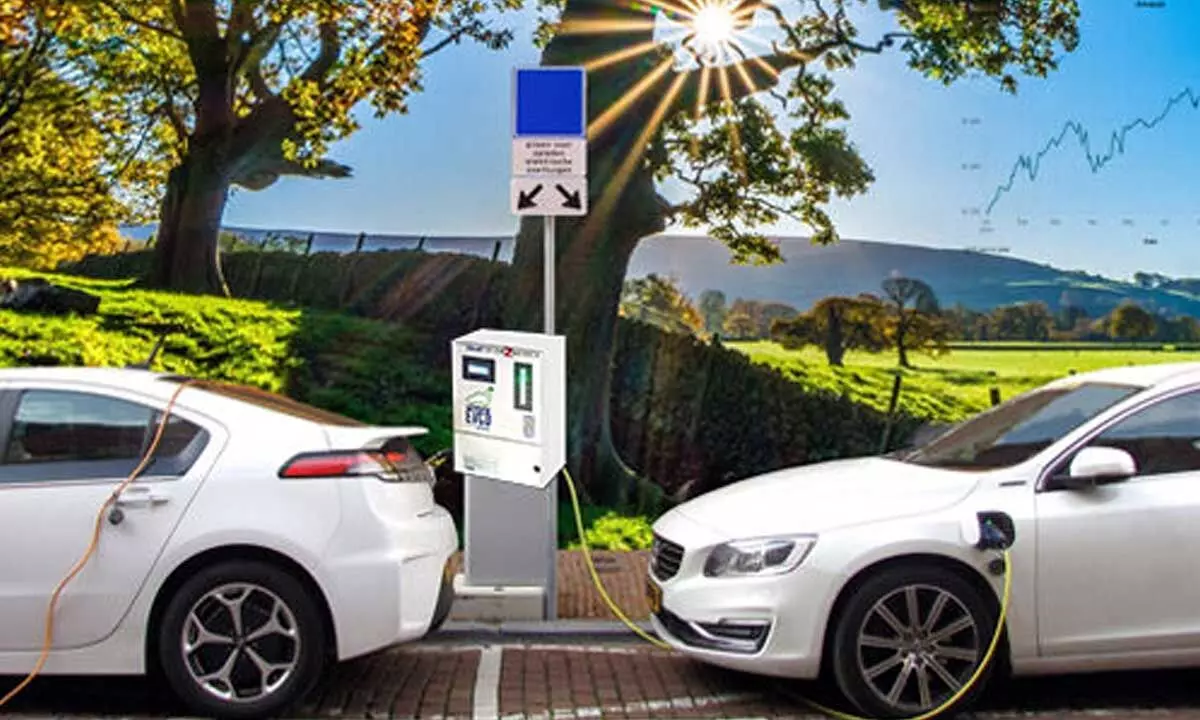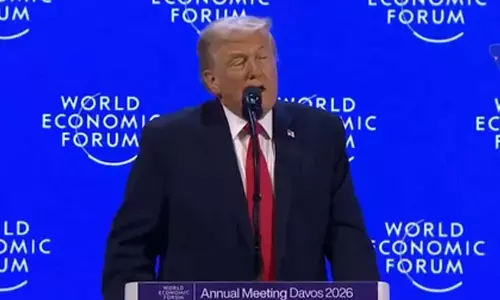Why are Housing Societies Refusing permission for EV chargers?

Housing societies are refusing permission for EV charging because they fear, unforeseen problem might arise.
The additional registrar of co-operative societies has issued a directive to housing societies to grant a NOC (no objection certificate) to electric Vehicle owners within seven 7 days from the date of application, provided the safety advisory as per the state governments SOP (standard operating procedure) has been followed
Yes, few housing societies have been refusing permission to fix EV chargers/Caption, whenever there is change or move to a new technology, one understands that some unforeseen, problems can crop up. But something as basic as the charging network and who can install an electric vehicle charger and the rules and regulations for doing so, must have definitely addressed before even permitted EVs on our roads.
Policies for charging EVs must have been in place before permitting them. Nevertheless, PIL has now filed by two Mumbai residents Amit Dholakia and Sohel Kapadia, claiming that there was a lack of regulations or guidelines installations of EV charging stations within the housing societies. Dholaki have also stated the court that his society had refused permission to install charging infrastructure due to lack of policy and many other people are facing similar problems. The court has presently posted the matter for further hearing on 6th January, 2023.
The additional registrar of co-operative societies has issued a directive to housing societies to grant a NOC (no objection certificate) to electric Vehicle owners within seven 7 days from the date of application, provided the safety advisory as per the state governments SOP (standard operating procedure) has been followed. The government of Maharashtra has issued detailed SOP (standard operating procedure) has been followed. The Government of Maharashtra has issued a detailed SOP about charging electric vehicles after there were few incidents of them catching fire while being charges. Apparently, as per these rules, owners of e-scooters and EV's that have detachable or portable batteries are forbidden from using their household 3-pin switch sockets to charge them. Instead, they have to use a dedicated EV charger conforming to the prescribed standards.
No longer can people remove batteries from their vehicles and take them into homes for charging. This is one of the USPs of many EVs and of the reasons for the popularity is the fact that their batteries can be conveniently charged at home. But presently, as per the guidelines of Maharashtra government, one cannot do that. The regulations further state that wherever charging points are fitted in multi-storey car parks, considerations should be given to situating them in the open-air roof level in order to minimize the potential fire spread. The charging socket must be at least 800 mm above the highest flood level, be child-proof and preferably installed away from any children's play area. There are also prohibitions on charging within 10 meters of combustible materials or 15 meters of hazardous installations like shops with inflammable liquids, transformers, LPG tanks and so on.














